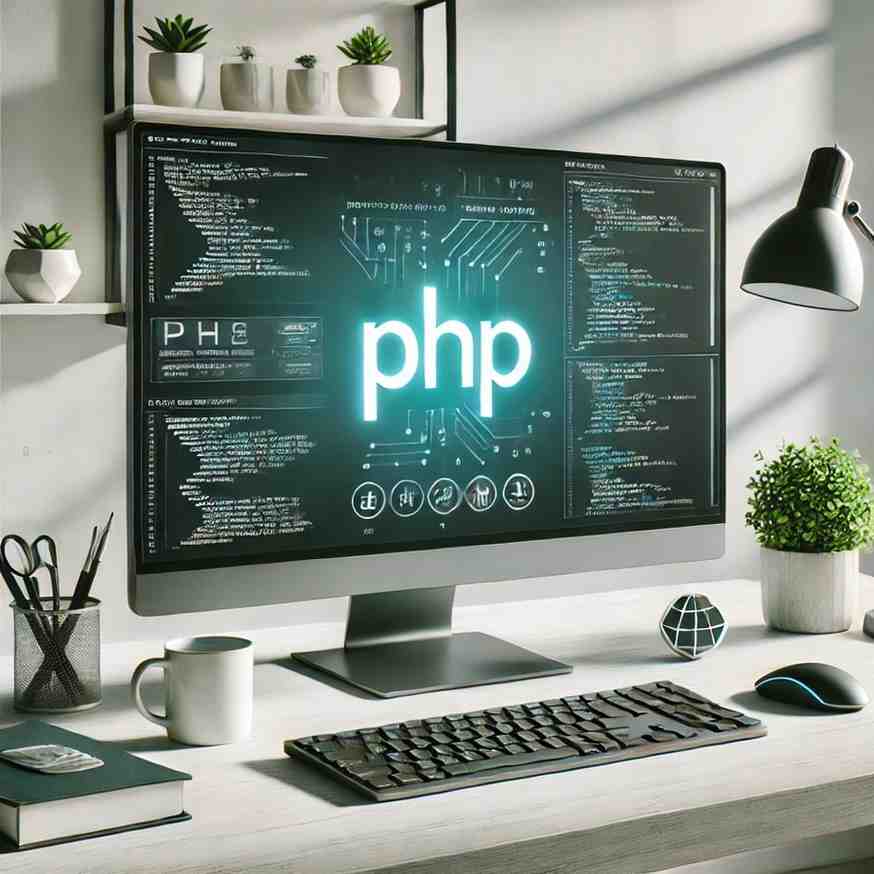
Why Onboarding Matters for Remote PHP Developers
Hey there! Let’s dive into something super important: onboarding remote PHP developers. If you’ve ever hired a new team member, you know the first few weeks can make or break their experience. To hire remote PHP developers, it’s even more critical because they’re not physically present to soak up the vibes of your office. A solid onboarding process can work wonders for retention, productivity, and overall happiness. Let me walk you through it!
The Impact of Onboarding on Retention and Productivity
Did you know that companies with a structured onboarding process boost new hire retention by 82%? Yep, that’s huge! For PHP developers, who often deal with complex systems and frameworks, onboarding helps them hit the ground running. It’s all about making them feel welcome, equipped, and ready to code. 🛠️
Challenges Unique to Onboarding Remote PHP Developers
Onboarding remote developers isn’t a walk in the park. Without in-person interaction, it’s easy for new hires to feel isolated. Plus, aligning them with your company’s culture, tools, and expectations requires extra effort. But don’t worry—I’ve got tips to tackle these challenges.
Pre-Onboarding Preparations for Remote PHP Developers
Before your new hire’s first day, there are a few key steps you can take to ensure a smooth onboarding process. Preparation is half the battle, right?
Setting Up Tools and Accounts Before Day One
Imagine this: it’s your developer’s first day, and they’re stuck waiting for account access. Frustrating, right? Avoid that by setting up everything beforehand. Here’s a quick checklist:
-
Provide access to code repositories like GitHub or GitLab.
-
Set up communication tools like Slack or Microsoft Teams.
-
Configure project management software, such as Jira or Trello.
-
Share credentials for testing servers and environments.
Getting this done early ensures your PHP developers can dive into their work right away.
Sharing an Onboarding Schedule and Expectations
Nobody likes feeling lost. Create a roadmap outlining what your new hire can expect in their first few weeks. Include:
-
Key meetings and introductions.
-
Training sessions and resources.
-
Milestones to achieve by the end of onboarding. This not only keeps things organized but also shows that you value their time and effort.
Key Steps for a Successful Remote Onboarding Process
Now that the groundwork is laid, let’s talk about the steps that make onboarding truly effective.
Introducing Team Members and Collaboration Practices
Start with virtual meet-and-greets. Schedule a casual video call where your new hire can meet their team. It’s a great way to break the ice and establish connections. Encourage collaboration by explaining your team’s preferred methods of communication and coding practices. Think of it as setting the stage for a successful partnership. 🤝
Assigning a Mentor or Buddy for Support
Pairing your new developer with a mentor is a game-changer. The mentor can:
-
Answer technical questions.
-
Share insider tips about your company’s workflows.
-
Provide moral support when things get tricky. This personal touch helps new hires adapt faster and feel more at home.
Providing Resources for Self-Paced Learning
Everyone learns differently, and that’s okay. Make sure your PHP developers have access to:
-
Comprehensive documentation.
-
Video tutorials or recorded sessions.
-
Sample projects to practice their skills. With these resources, they can learn at their own pace while staying productive.
Best Practices to Engage Remote PHP Developers During Onboarding
Engagement is key to a successful onboarding experience. Here are a couple of tried-and-true methods.
Scheduling Regular Check-Ins and Feedback Sessions
Frequent check-ins show your developers that you’re invested in their success. Schedule weekly or bi-weekly meetings to:
-
Address their questions or concerns.
-
Provide constructive feedback.
-
Celebrate progress and keep motivation high. These sessions build trust and ensure everyone stays on the same page.
Celebrating Small Wins During the Onboarding Journey
Every little victory deserves recognition. Did your new hire complete their first task? Celebrate! Even a quick “Well done!” message can boost morale. Remember, small wins lead to big achievements. 🎉
Wrapping Up: Creating an Effective Onboarding Framework
Your onboarding process isn’t set in stone. It’s a living framework that evolves over time. Let’s wrap things up with some final advice.
Evaluating and Improving the Onboarding Process Continuously
Take a step back after each onboarding cycle and ask yourself:
-
What worked well?
-
What could be improved?
-
Did the new hire meet their onboarding milestones? Use this feedback to refine your process. Over time, you’ll build an onboarding system that’s second to none.
Frequently Asked Questions (FAQs)
1. How can I make onboarding more engaging for remote PHP developers?
Engagement starts with personalized attention. Schedule regular check-ins, assign a mentor, and celebrate milestones. Providing interactive training sessions and fostering open communication also helps keep things engaging and productive.
2. What are the essential tools for onboarding remote PHP teams?
Essential tools include communication platforms like Slack, project management tools like Jira, and code repositories like GitHub. Don’t forget about documentation tools like Notion or Confluence to keep everything organized.
3. How do I ensure new hires feel connected to the team remotely?
Encourage virtual meet-and-greets and team-building activities. Pair them with a mentor and maintain open communication channels. Regular team meetings and casual chats can also foster a sense of belonging.
4. What role does feedback play in remote onboarding?
Feedback is crucial. It helps new hires understand expectations and areas for improvement. Regular feedback sessions also show that you care about their growth and success, building a strong employer-employee relationship.
5. How long should the onboarding process last for PHP developers?
Typically, onboarding lasts 30 to 90 days. This gives new hires enough time to learn the ropes, integrate with the team, and start contributing effectively. Adjust the duration based on your company’s specific needs.